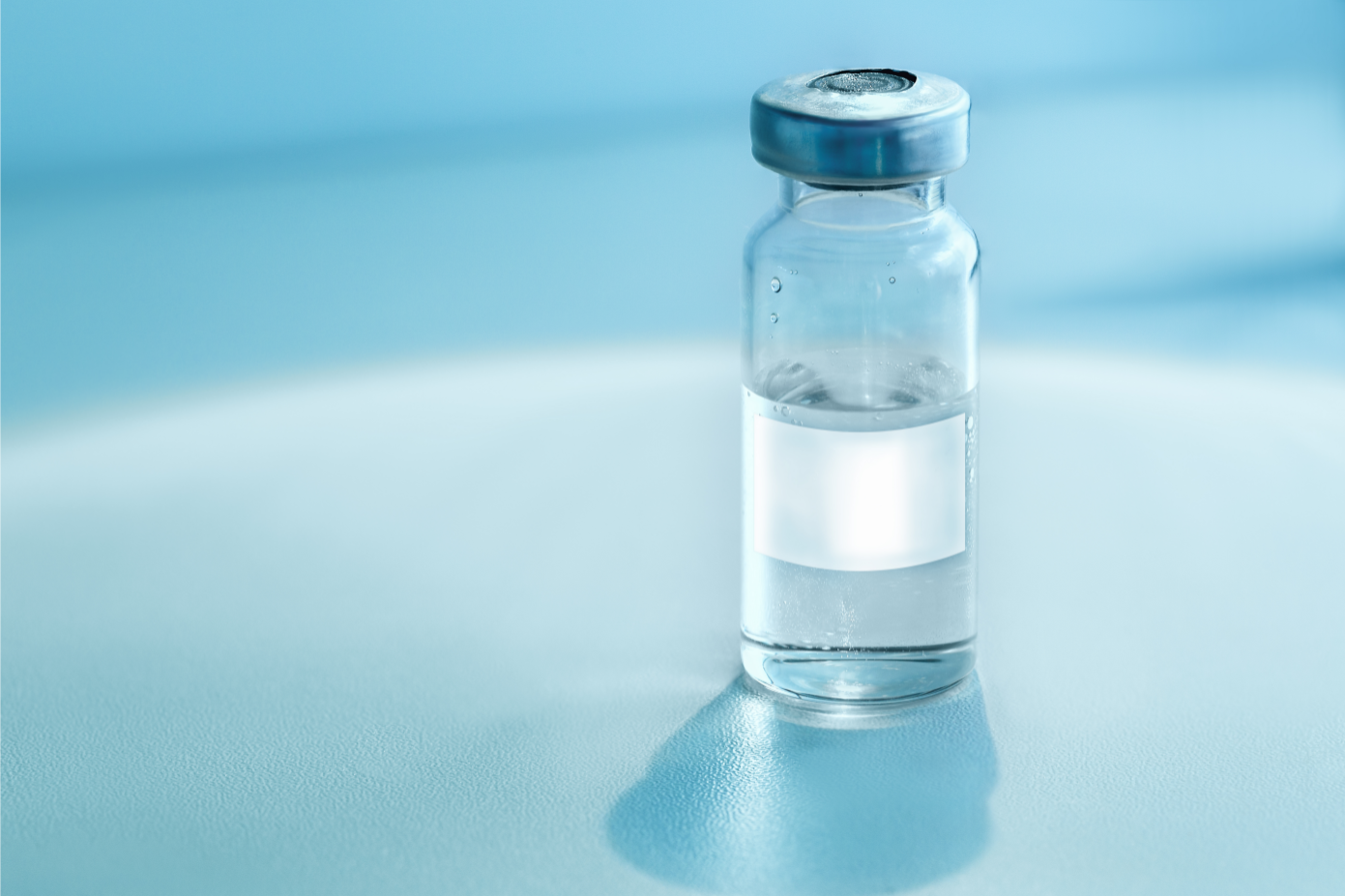Peptides have garnered significant attention in the world of sports and fitness because of their potential to optimize athletic performance and muscle growth.
These small chains of amino acids play crucial roles in the body, regulating various physiological processes. In recent years, athletes, bodybuilders, fitness enthusiasts, and people who want to improve their vitality have turned to peptides to gain a competitive edge and enhance their lives.
Let’s explore different types of peptides and focus on the best ones for maximizing muscle growth and overall athletic performance.
Understanding Peptides
Peptides are short chains of amino acids linked together by peptide bonds, which are found naturally within our bodies. These building blocks of proteins serve as signaling molecules, controlling and influencing specific functions within our body. Their diversity lies in the sequence and structure of amino acids, giving rise to various functions that support different physiological needs.
In athletics, peptides often:
- Boost muscle growth and repair
- Enhance endurance and performance
- Improve recovery and reduce fatigue
- Increase fat loss and body composition
Different Types of Peptides
Peptides can be classified into various categories based on their functions and applications. Below are some of the most popular types of peptides used in the athletic world.
Growth Hormone-Releasing Peptides (GHRPs)
GHRPs stimulate the release of growth hormone from the pituitary gland. They act on the ghrelin receptor to promote growth hormone production, which plays a vital role in muscle growth, fat metabolism, and overall body composition. Some well-known GHRPs include GHRP-6, GHRP-2, and Ipamorelin.
Growth Hormone Secretagogues (GHSs)
GHSs function similarly to GHRPs, stimulating the release of growth hormones. They can enhance the body’s natural production of growth hormones, leading to increased muscle mass and improved performance. One of the most widely used GHSs is CJC-1295.
BPC-157
BPC-157, or Body Protection Compound 157, is a synthetic peptide derived from a protein found in the stomach. It is known for its regenerative properties, promoting tissue repair, reducing inflammation, and accelerating the healing process. Athletes often use BPC-157 to recover from injuries and enhance performance.
Melatonan II
Melanotan II is a peptide that stimulates the production of melanin, the pigment responsible for skin color. While its primary use is as a tanning agent, some athletes use it for its potential appetite-suppressing effects and its ability to increase libido.
Thymosin Beta-4
Thymosin Beta-4 (TB-500) is a peptide that aids in cell migration and tissue repair. It is believed to support muscle recovery and reduce inflammation, making it a popular choice for athletes dealing with injuries or intense training sessions.
The Best Peptide for Muscle Growth
Among the various types of peptides, one stands out as particularly effective for muscle growth: IGF-1 LR3.
IGF-1 LR3
Insulin-like Growth Factor 1 Long R3 (IGF-1 LR3) is a modified version of the naturally occurring IGF-1. It is highly anabolic and primarily responsible for the growth-promoting effects of growth hormones. IGF-1 LR3 works by increasing the number of cells in muscle tissue, promoting hyperplasia, and facilitating protein synthesis, which leads to significant muscle growth.
This peptide has several advantages over other growth factors. Its extended half-life (approximately 20-30 hours) allows for less frequent injections, making it convenient for users. Additionally, IGF-1 LR3 has a higher binding affinity to receptors in muscle tissue, enhancing its potency and effectiveness.
When combined with proper nutrition and training, IGF-1 LR3 can yield impressive results in muscle hypertrophy and strength gains. However, it is crucial to approach its usage with caution and consult a healthcare professional to ensure safety and appropriate dosing.
Peptide Administration and Safety Considerations
Before delving into the world of peptides, it is essential to understand the proper administration and consider safety precautions.
Administration
Peptides are typically administered through subcutaneous (a small needle under the skin) or intramuscular (a needle injected into the muscle) injections. Most peptides come in lyophilized (powder) form and require reconstitution with bacteriostatic water before use. Users must adhere to the recommended dosages and injection frequencies for each peptide, as excessive use may lead to adverse effects.
Safety considerations
While peptides offer promising benefits, their misuse and improper administration can lead to potential risks. Athletes should exercise caution and consider the following safety considerations:
- Quality and source: To ensure safety and efficacy, it is essential to obtain peptides from reputable and trustworthy sources. Counterfeit or impure peptides can pose serious health risks.
- Side effects: Peptides may cause side effects, such as water retention, joint pain, or an increase in blood sugar levels. Consulting a medical professional before use can help identify potential risks and determine individual suitability.
- Individual variations: People may respond differently to peptide administration. Factors such as age, health status, and genetics can influence how the body reacts to peptides.
- Allergies and sensitivities: Individuals with known allergies or sensitivities to specific peptides or ingredients used in the reconstitution process should avoid their use.
Final Thoughts
Peptides have emerged as valuable tools for anyone seeking to optimize their performance, muscle growth, and vitality. Their diverse functions, ranging from stimulating growth hormone release to promoting tissue repair, make them attractive options for everyone, ranging from athletes to people who want to live a happier, healthier life.
Among the various peptides available, IGF-1 LR3 stands out as a potent catalyst for muscle growth when used responsibly alongside proper nutrition and training.
Researching and scheduling an appointment with a healthcare professional is key to figuring out which peptide makes sense for your body and situation. For more information visit the Evolve Telemedicine website or call (800) 407-4117 to schedule a consultation.






